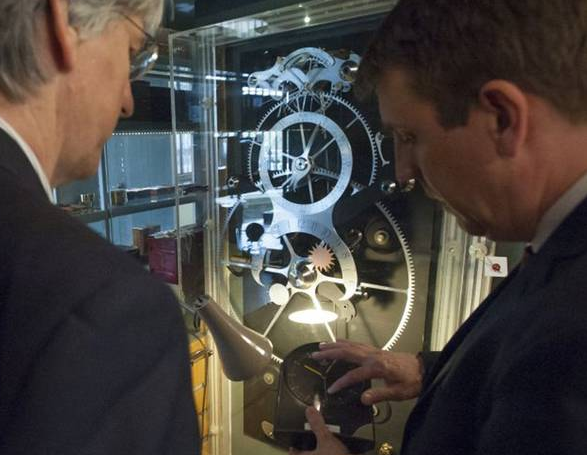Here’s why time seems to ‘speed up’ as you get older - and how to slow it down

Most of us have noticed it: once you get past a certain point in life, a year suddenly doesn’t seem a long time at all.
As a child, even the summer holidays often seem like they last forever – but once you’re an adult, entire years sail by almost instantly.
There are several theories for this – including the fact that the world is simply more interesting when we are children, before we have time to get bored of it.
Another theory, discussed this week in Big Think suggests that ‘time pressure’ – the feeling one doesn’t have enough time for work, children and pleasure – causes time to go faster.
MORE: Woman kept awake by loud neighbour receives grovelling apology letter and a box of chocolates
A 2005 study asked study participants ‘How fast did the last 10 years pass for you?’ – and found that time ‘speeds up’ until the age of 50, then seems to level off, as people’s lives become less busy.
Big Think suggests that practising mindfulness, or simply taking time for oneself, can ‘slow down’ the perception of time.

But Dr Christian Yates at the University of Bath suggests that the real reason is how we perceive time.
While most of us imagine time in terms of decades, the way our brains perceive it may be ‘logarithmic’ rather than linear, the maths lecturer said.
Dr Yates says, in an essay for The Conversation, ‘We perceive a period of time as the proportion of time we have already lived through. The time between Christmases is longer for children as it is a bigger proportion of their life so far
‘To a two-year-old, a year is half of their life, which is why it seems such an extraordinary long period of time to wait between birthdays when you are young.
‘’To a ten-year-old, a year is only 10 per cent of their life, (making for a slightly more tolerable wait), and to a 20-year-old it is only 5 per cent.
‘On the logarithmic scale, for a 20-year-old to experience the same proportional increase in age that a two-year-old experiences between birthdays, they would have to wait until they turned 30.




